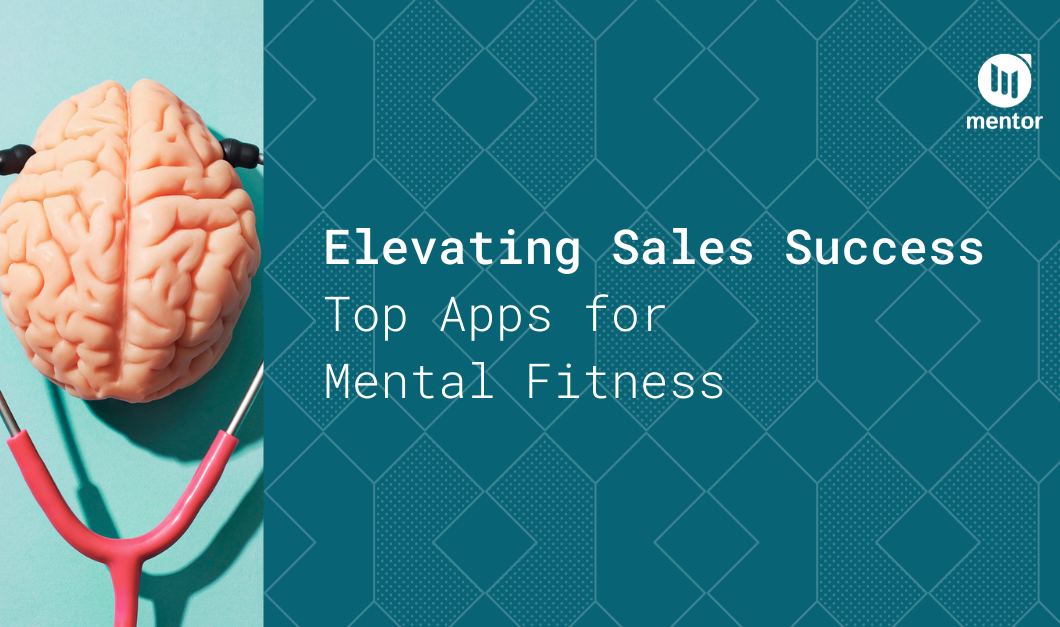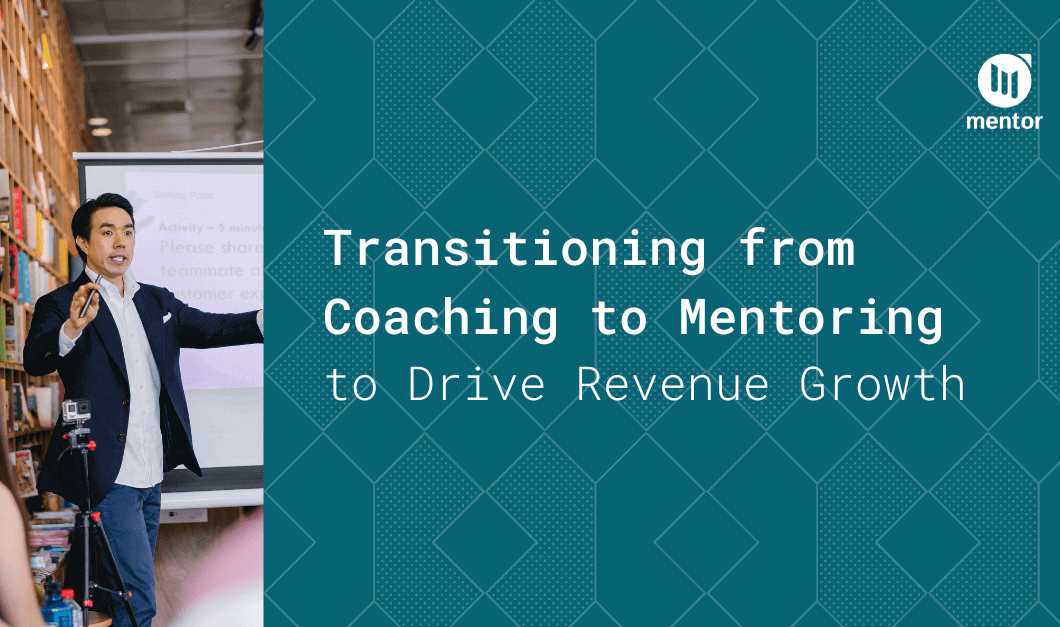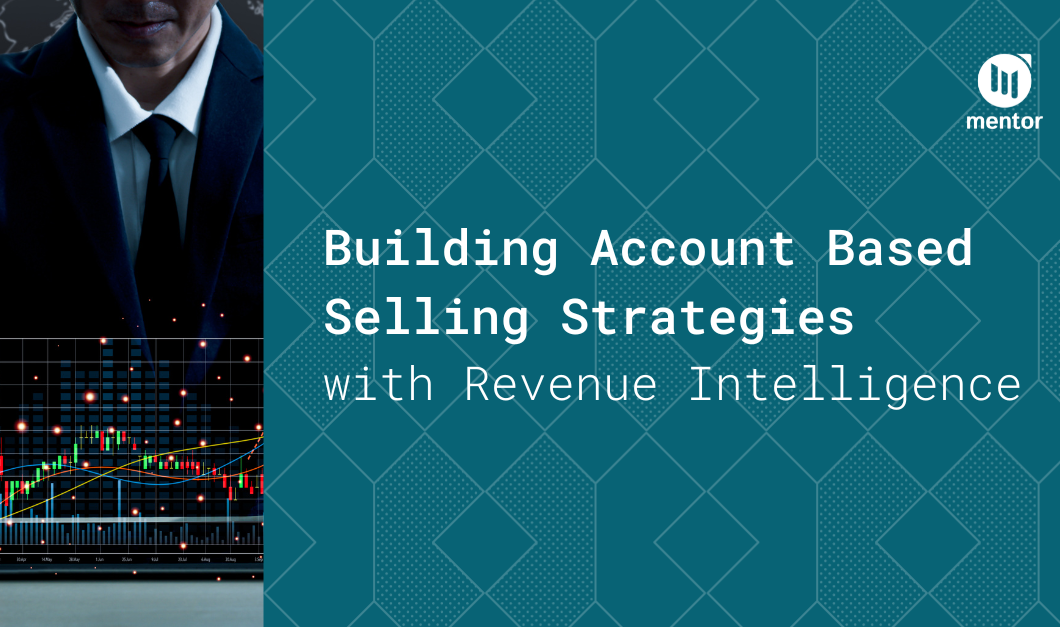Qualification is something that I was taught early in my career, but it was almost done as a side issue. If Sales training had tiers, it’s a tier 3 topic. Something seen as necessary but not seen as core.
When I was at school, I was taught Latin, but after 2 years of it, the school said that those that failed Latin would have to learn computer studies. Computer Studies were seen as secondary to Latin and almost a punishment. You can guess what I did...
Qualification is rarely seen as super sexy, but in my opinion, is THE most important skill we learn as Sellers. It sorts out the wheat from the chaff. It’s “magus” (that’s Latin for magic!).
But it’s only magic when used correctly. Used badly, it’s useless at best and dangerous at worst.
So why is it not taught with the same passion as topics like influence or negotiation if it holds this much power? To be honest, I’m not sure as it makes no sense not to, but I have a hypothesis, and it comes back to pride.
Sales qualification, by definition, is the process of determining whether a potential Buyer or lead has the characteristics and requirements that make them a good fit for our product or services. It involves evaluating and assessing the prospects to determine their level of interest and likelihood of making a purchase. It should help us teams identify the prospects that are a good match for our offerings and enables them to tailor our Selling approach accordingly.
Awesome, so what’s wrong this?
Well, look at the language. It focuses on how we justify a prospect as a good match. It helps us ensure that we can stay engaged and identify where there might be gaps to qualify in.
And given our own ego, who doesn’t like that? When we are with our managers, we like to show why we spend time with certain Buyers.
However, this is the wrong lens.
When I was taught qualification theory, I was taught one thing that has stuck with me forever. Good Sellers qualify in, and the best Sellers qualify out.
Whilst most of us are using qualification to justify why something is in our pipeline, the best Sellers are throwing opportunities out.
This is because they know that time is one thing they cannot control. They only want to spend time working on deals that are actually going to happen rather than trying to influence and persuade someone who is either not that interested or will be a bad fit.
They appreciate that just because they could influence a Sale and bring it in, it doesn’t mean they should.
I can’t tell you how many times I have seen people say yes to a deal that they, as the Seller, should have said no to, which has cost the company many more times the Sale price in Buyer support and even worse, legal bills.
If you are a typical Seller in a typical organisation, you are up against it. You are up against your targets, your actions are being measured more than any other role I know, and even your behaviours are being analysed by a range of technologies that reduce your work into a set of numbers.
You are behind in your numbers when you suddenly get an opportunity that looks like it will plug the gap. You have some concerns about it, but it will plug the gap. Your leader will get off your back for 5 minutes to give you time to breathe.
You qualify in. Why? Not because the data says so, but rather to relieve yourself, to have some hope.
But it doesn’t just happen when you are behind your number. It also happens when you are ahead of target, and the company believes it’s a great idea to put in accelerators into your compensation plan. Of course, you want this deal to go ahead. What have you got to lose? You are already ahead of target. This is the icing on the cake and will get you a place in the presidents club. Again, you qualify in.
The responsibility for this lies squarely on the shoulders of the leaders.
We have all been there if we have been in Selling long enough, where our manager sees a stuck deal in our pipeline and immediately goes to the place of what can we do to move the deal. Does the Buyer need a call, can we give them more information, can we get a meeting?
That might be the right approach, but I have never heard a Seller or leader ask what we can take away or how we can reduce friction.
Any qualification structure, whether the basics like BANT (Budget, Authority, Need or Time) or more sophisticated ones like MEDDIC (or its many variants), should be used to clean up a pipeline, not to push things through.
The need to focus on qualifying in is created by a lack of understanding and the mindset that having spent money on a lead, we need to justify it with action.
I call BS! We need to use our qualification skills to ensure that we are only working on the right opportunities for us and our Buyers. This takes bravery and confidence to say no. No to our managers and no to our Buyers. It takes a special state of mind to tell a Buyer you’re not a good fit. Is it any wonder we promote mental fitness as one of the pillars of today’s Selling skills?
It's easy to remember and had its merits back in the day, but ABC needs to move to ABV for this century. Always Be Validating. Not quite as catchy I know, but it should still be memorable.
At every opportunity, after every interaction, you should be critically asking yourself, from the data I have, does this deal belong in my pipeline?
This is the most important question in Selling. Get it right, and it will transform your Selling and your team's performance as they focus on the right deals, with more time working on a reality that will happen.
Get it wrong, and you will be spinning your wheels.








